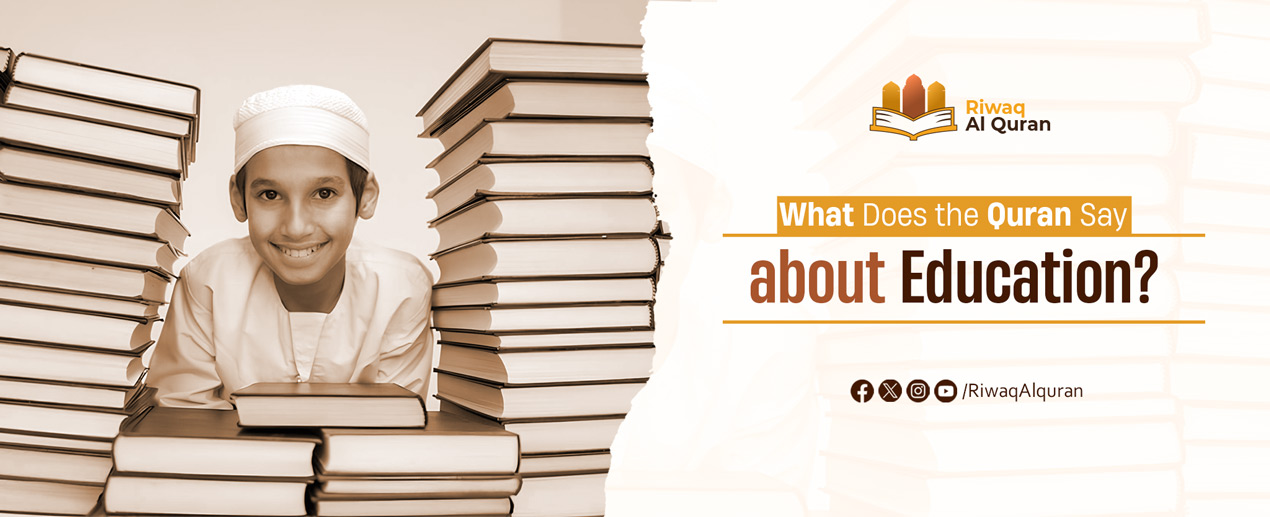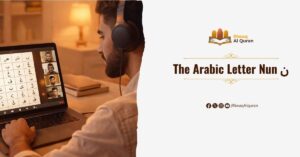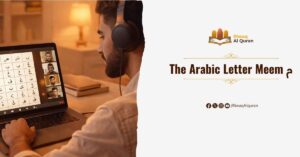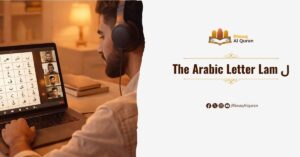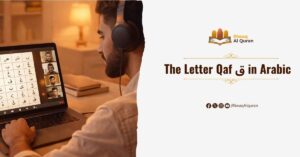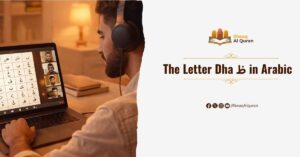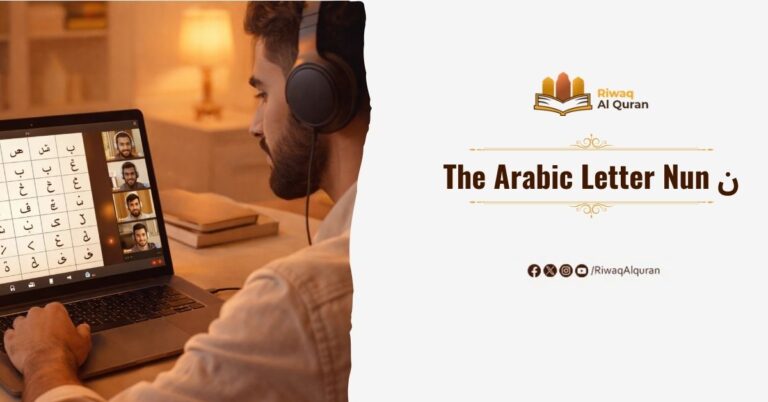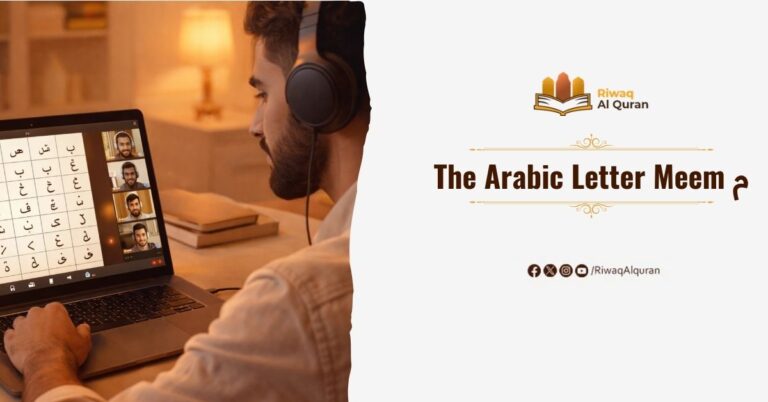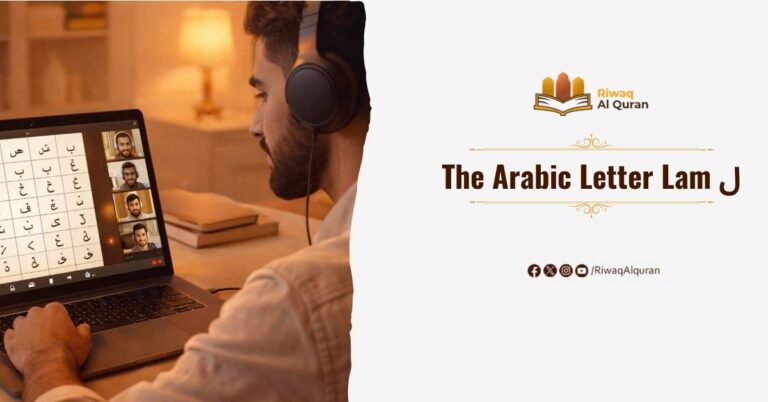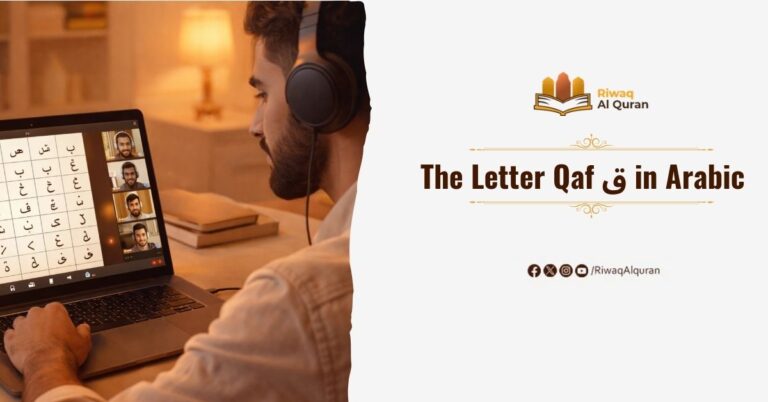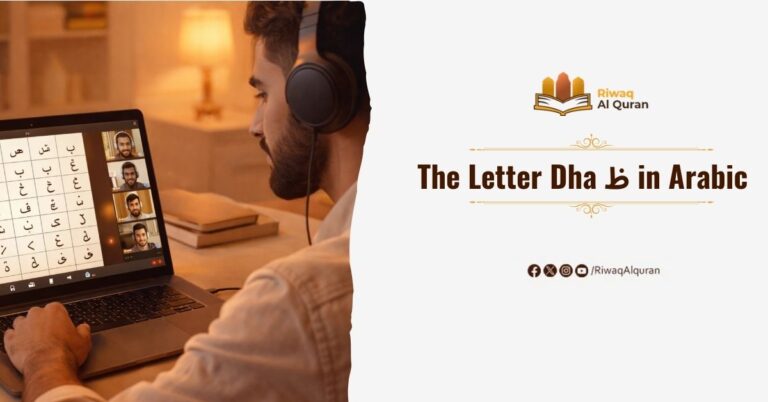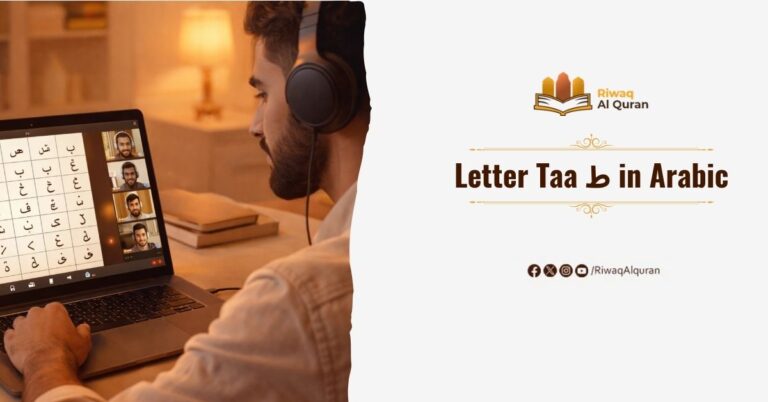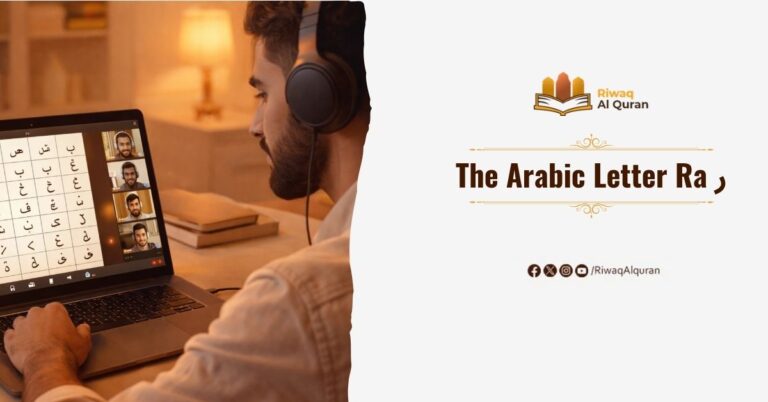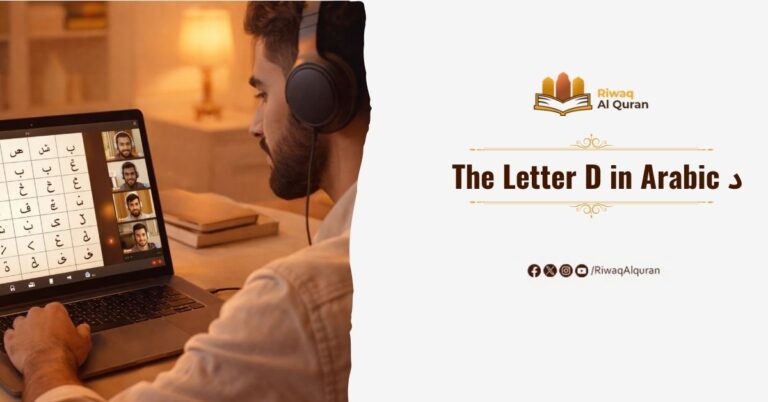Since the Quran emphasizes the significance of education repeatedly, let’s delve into the Quranic perspective on education, knowledge, and learning, shedding light on the advantages of female education in Islam and highlighting specific Quranic verses that underscore the importance of learning.
Table of Contents
What Does the Quran Say About Education?
The Quran advocates for education as a fundamental element of human development. It encourages the pursuit of knowledge and wisdom, asserting that learning is a lifelong journey. The very first revelation to our prophet begins with the command to read:
“Read in the name of your Lord who created. Created man from a clinging substance. Read, and your Lord is the most Generous – Who taught by the pen – Taught man that which he knew not.” (Quran 96:1-5)
These verses underscore the importance of reading and acquiring knowledge. The act of reading is linked to the divine act of creation and the dissemination of knowledge. Education in the Quran is not limited to religious teachings; it encompasses all forms of beneficial knowledge.
The Quran also emphasizes the role of education in personal and societal development. By seeking knowledge, individuals can better understand the world, make informed decisions, and contribute positively to their communities.
What Does the Quran Say About Knowledge?
Knowledge (‘Ilm) is highly esteemed in the Quran. It is considered a gift from Allah and a means to attain a deeper understanding of His creation and commandments. The Quran repeatedly encourages believers to seek knowledge and reflects on its virtues:
“Say, ‘Are those who know equal to those who do not know?’ Only they will remember [who are] people of understanding.” (Quran 39:9)
This verse highlights the distinction between those who possess knowledge and those who do not, implying the superiority of the learned. The pursuit of knowledge is seen as a path to spiritual and intellectual elevation.
The Quran also emphasizes the importance of acquiring knowledge for its own sake and for the benefit of others. It encourages believers to reflect on the natural world, history, and the signs of Allah’s creation as a means to increase their understanding and faith.


What Does the Quran Say About Learning?
Learning is a continuous process in Islam, encouraged at every stage of life. The Quran promotes the idea that seeking knowledge is an obligation for every Muslim, regardless of age or gender. The Prophet Muhammad (PBUH) is reported to have said:
“Seeking knowledge is an obligation upon every Muslim.” (Sunan Ibn Majah)
This hadith underscores the universal obligation to pursue learning. The Quran supports this by encouraging believers to learn from the world around them and from the wisdom of others:
“And say, ‘My Lord, increase me in knowledge.'” (Quran 20:114)
This verse is a humble prayer for the continuous increase of knowledge, illustrating the importance of lifelong learning. The Quran encourages believers to be curious, to ask questions, and to seek out the truth in all aspects of life.
Advantages of Female Education in Islam
1. Fulfillment of Religious Duty:
Islam places a high value on the pursuit of knowledge for both men and women. The Prophet Muhammad (peace be upon him) emphasized this by saying,
“Seeking knowledge is an obligation upon every Muslim” (Sunan Ibn Majah).
Educating women fulfills this religious duty, allowing them to gain a deeper understanding of their faith, perform their religious obligations more accurately, and live according to Islamic principles.
2. Enhanced Religious Understanding and Practice:
An educated woman can better understand Islamic teachings, the Quran, and Hadith. This enables her to practice her faith more conscientiously and accurately. She can also educate her children and family members about Islamic principles, ensuring that the next generation is well-versed in their religious duties and moral values.
3. Strengthening Family and Social Structure:
In Islam, the family is considered the cornerstone of society. An educated woman can contribute significantly to the upbringing of morally and ethically sound children, thus strengthening the family unit. Her knowledge can help create a balanced and harmonious home environment, which is a key aspect of Islamic teachings. The Prophet Muhammad (peace be upon him) said:
“The best of you are those who are best to their families” (Sunan At-Tirmidhi).
4. Promotion of Justice and Equity:
Islam advocates for justice and equity in all aspects of life. Educating women helps promote these values by empowering them to understand and assert their rights as granted by Islamic law. It also enables them to contribute to societal justice by participating in community and social affairs. The Quran emphasizes the importance of justice in Surah An-Nisa (4:135):
“O you who have believed, be persistently standing firm in justice, witnesses for Allah, even if it be against yourselves or parents and relatives.
These advantages demonstrate how female education aligns with and enhances the principles and teachings of Islam, contributing to a more knowledgeable, just, and equitable Muslim society.
5. Enhanced Community Leadership and Participation:
Educated women are better equipped to take on leadership roles within their communities, including in religious, social, and educational settings. They can contribute to community development and serve as role models for other women and girls.
In Islam, both men and women are encouraged to contribute to the betterment of their communities. The example of women like Aisha (RA), who was a renowned scholar and teacher, highlights the importance of women’s leadership in Islamic history.
6. Promotion of Health and Well-being:
Education equips women with the knowledge to make informed decisions about their health and the health of their families. This aligns with the Islamic principle of taking care of one’s body and well-being, as the Prophet Muhammad (peace be upon him) said, “Your body has a right over you” (Sahih Bukhari). Educated women can better understand and implement practices that promote hygiene, nutrition, and overall health, leading to healthier families and communities.
7. Economic Empowerment and Financial Independence:
Educated women have greater opportunities for employment and economic participation, which can lead to financial independence. This is important in Islam, as women have the right to own property, earn income, and manage their finances. Economic empowerment allows women to support their families and contribute to society, fulfilling their responsibilities and rights as prescribed in Islamic law. The Quran recognizes the financial rights of women in Surah An-Nisa (4:32):
“For men is a share of what they have earned, and for women is a share of what they have earned.”
Read more about: Benefits of Seeking Knowledge as in the Quran
Inside Riwaq Al Quran: Live Class Highlights
Take a closer look at authentic excerpts from our live classes. At Riwaq Al Quran, our instructors create a dynamic and supportive learning environment where students stay engaged, build confidence, and thrive in their studies.
Quran Verses About Learning
The Quran, the holy book of Islam, emphasizes the importance of knowledge, learning, and seeking understanding. Here are some notable verses that highlight these themes:
1. Surah Al-‘Alaq (96:1-5):
“Read in the name of your Lord who created—created man from a clinging substance. Read, and your Lord is the most Generous—Who taught by the pen—taught man that which he knew not.”
2. Surah Az-Zumar (39:9):
“Say, ‘Are those who know equal to those who do not know?’ Only they will remember [who are] people of understanding.”
3. Surah Al-Mujadila (58:11):
“Allah will raise those who have believed among you and those who were given knowledge, by degrees.”
4. Surah Taha (20:114):
“So high [above all] is Allah, the Sovereign, the Truth. And, [O Muhammad], do not hasten with [recitation of] the Qur’an before its revelation is completed to you, and say, ‘My Lord, increase me in knowledge.'”
5. Surah Al-Isra (17:36):
“And do not pursue that of which you have no knowledge. Indeed, the hearing, the sight, and the heart—about all those [one] will be questioned.”
6. Surah Al-Imran (3:190-191):
“Indeed, in the creation of the heavens and the earth and the alternation of the night and the day are signs for those of understanding—Who remember Allah while standing or sitting or [lying] on their sides and give thought to the creation of the heavens and the earth, [saying], ‘Our Lord, You did not create this aimlessly; exalted are You [above such a thing]; then protect us from the punishment of the Fire.'”
These verses emphasize the importance of seeking knowledge, reflecting on creation, and understanding the signs of Allah. They encourage believers to pursue learning and use their intellect to comprehend the world around them.
Read more about: What Does the Quran say about Seeking Knowledge?
Why Students Love Learning with Riwaq Al Quran
Hear directly from our students about how Riwaq Al Quran Academy has transformed their connection with the Book of Allah. Their experiences reflect the dedication, care, and quality that guide every step of our teaching.
Start Your Quranic Education Journey with Riwaq Al Quran!
At Riwaq Al Quran, we are dedicated to promoting the Quranic principles of knowledge and education. Join us in our mission to learn, understand, and apply the teachings of the Quran in your life. Explore our diverse courses and resources tailored to deepen your understanding of Islam and enrich your spiritual journey.


Riwaq Al Quran is a comprehensive online platform that offers personalized Quran, Arabic and Islamic Studies Online classes for individuals of all ages and backgrounds.
Their experienced instructors use a structured curriculum to cover Tajweed, Tafsir, and Memorization, providing easy and effective access to learning the Quran.
The advanced online classes allow for seamless communication and interaction between students and teachers. Join Riwaq Al Quran for a deeper connection with the Quran.
We offer several courses such as:
- Online courses for kids.
- Online Quran classes for kids and adults.
- Online Arabic courses
- Online Ijazah courses
- Online Islamic Studies courses.
Here are a sample of our set of Quran Courses that will be helpful for you:
- Online Tafseer Course: Delve into Quranic meanings with our insightful online Tafseer course.
- Noorani Qaida Online: Learn Quranic basics efficiently through our Noorani Qaida online program.
- Online Quran Recitation Course: Enhance Quranic recitation skills through our expert-led online course.
- Online Tajweed Classes: Master Tajweed rules for beautiful Quranic recitation in online classes.
- Quran Memorization Online Course: Memorize the Quran effectively with our specialized online memorization course.
- Online Qirat Course: Explore diverse Qirat styles with our comprehensive online Qirat course.
- Online Quran Classes for Kids: Nurture a love for the Quran in kids through interactive online classes.
Conclusion
In essence, the Quran advocates for an educated and enlightened society where individuals, regardless of gender, are encouraged to seek knowledge and wisdom, thereby fostering a culture of learning and growth. This emphasis on education aligns with the broader Islamic principles of justice, equality, and the pursuit of excellence in all aspects of life.

